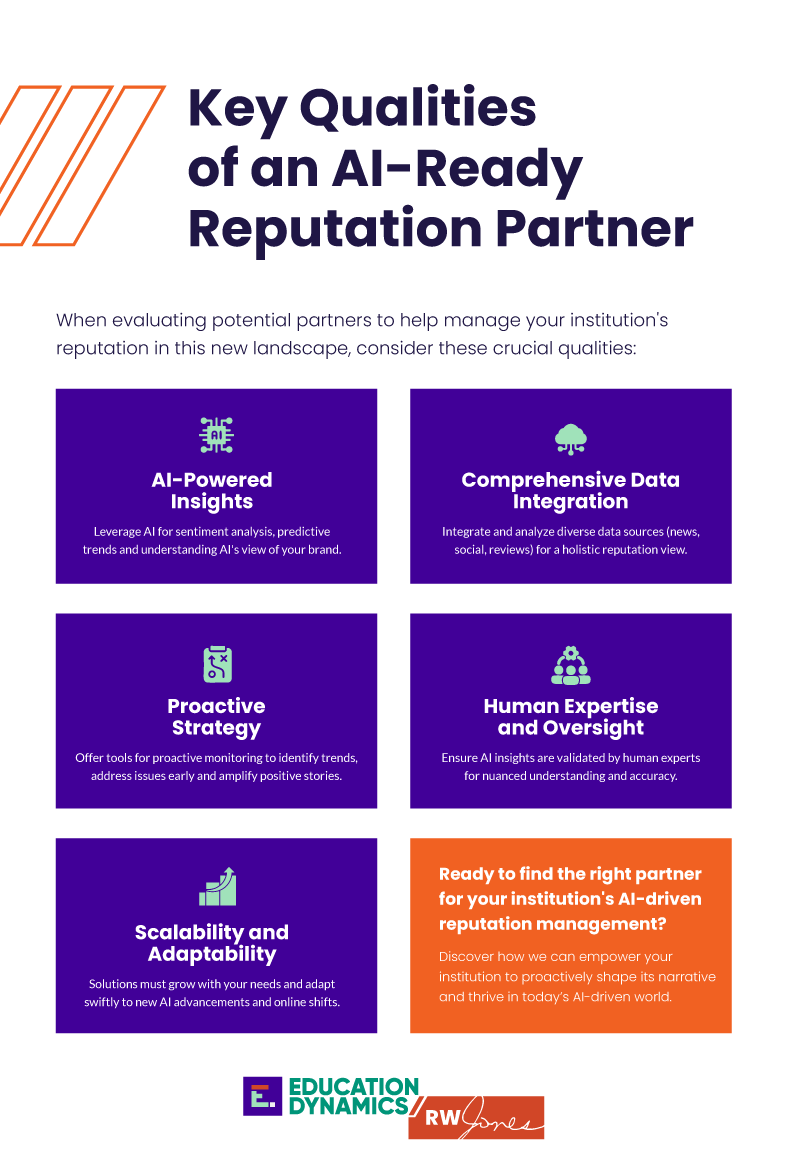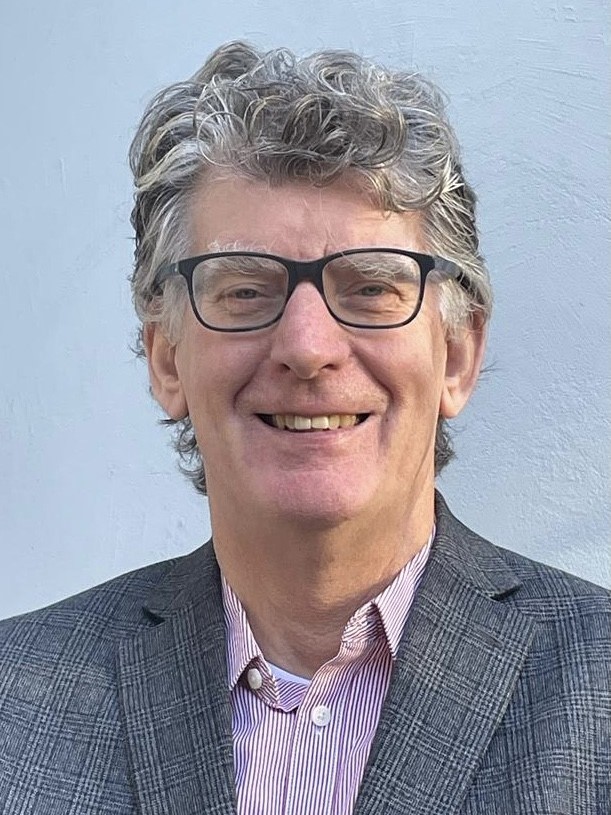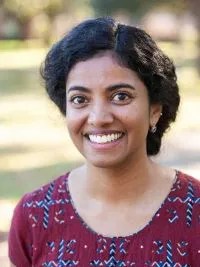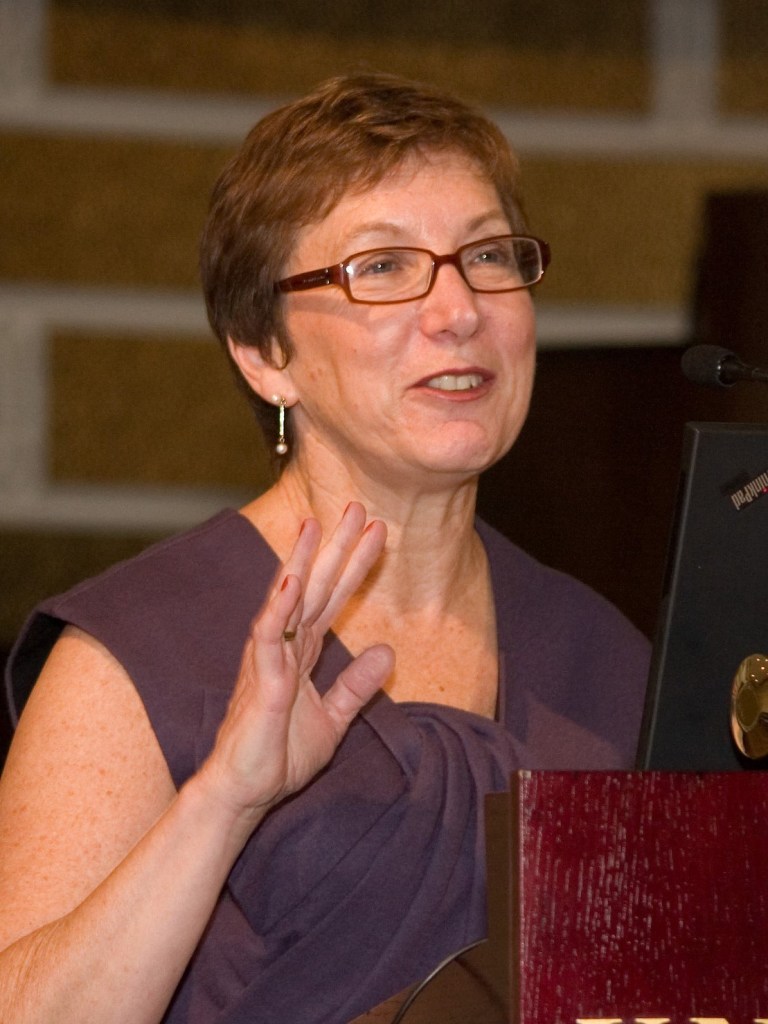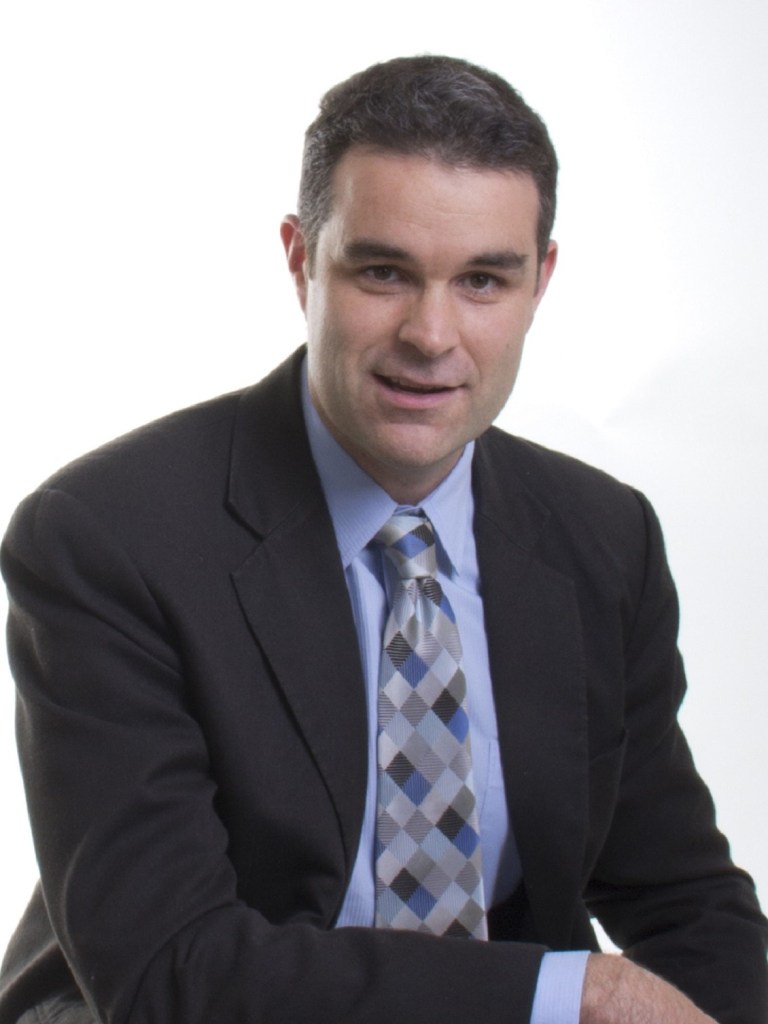For more than a decade, Americans have been told that polarization, mistrust, and civic fragmentation are organic byproducts of cultural change. But the scale, speed, and persistence of the damage suggest something more deliberate: a sustained poisoning of the American mind—one that exploits structural weaknesses in education, media, technology, and governance.
This poisoning is not the work of a single actor. It is the cumulative result of foreign influence campaigns, profit-driven global technology platforms, and domestic institutions that have failed to defend democratic literacy. Higher education, once imagined as a firewall against mass manipulation, has proven porous, compromised, and in many cases complicit.
Foreign Influence as Cognitive Warfare
Chinese and Russian influence operations differ in style but converge in purpose: weakening American social cohesion, degrading trust in institutions, and normalizing cynicism.
Russian efforts have focused on chaos. Through state-linked troll farms, bot networks, and disinformation pipelines, Russian actors have amplified racial grievances, cultural resentments, and political extremism on all sides. The objective has not been persuasion so much as exhaustion—flooding the information environment until truth becomes indistinguishable from propaganda and democratic participation feels futile.
Chinese influence efforts, by contrast, have emphasized discipline and control. Through economic leverage, academic partnerships, Confucius Institutes, and pressure campaigns targeting universities and publishers, the Chinese Communist Party has sought to shape what can be discussed, researched, or criticized. While less visibly inflammatory than Russian disinformation, these efforts quietly narrow the boundaries of acceptable discourse—especially within elite institutions that prize funding and global prestige.
Both strategies treat cognition itself as a battlefield. The target is not simply voters, but students, scholars, journalists, and future professionals—anyone involved in shaping narratives or knowledge.
The Role of Global Tech Elites
Foreign influence campaigns would be far less effective without the infrastructure built and defended by global technology elites.
Social media platforms were designed to monetize attention, not to preserve truth. Algorithms reward outrage, tribalism, and repetition. Misinformation is not an accidental byproduct of these systems; it is a predictable outcome of engagement-driven design.
What is often overlooked is how insulated tech leadership has become from the social consequences of its products. Executives who speak fluently about “free expression” and “innovation” operate within gated communities, private schools, and curated information environments. The cognitive pollution affecting the public rarely touches them directly.
At the same time, these platforms have shown inconsistent willingness to confront state-sponsored manipulation. Decisions about content moderation, data access, and platform governance are routinely shaped by geopolitical calculations and market access—particularly when China is involved. The result is a global information ecosystem optimized for profit, vulnerable to manipulation, and hostile to slow, evidence-based thinking.
Higher Education’s Failure of Defense
Universities were supposed to be inoculation centers against mass manipulation. Instead, they have become transmission vectors.
Decades of underfunding public higher education, adjunctification of faculty labor, and administrative bloat have weakened academic independence. Meanwhile, elite institutions increasingly depend on foreign students, donors, and partnerships, creating subtle but powerful incentives to avoid controversy.
Critical thinking is often reduced to branding rather than practice. Students are encouraged to adopt identities and positions rather than interrogate evidence. Media literacy programs, where they exist at all, are thin, optional, and disconnected from the realities of algorithmic persuasion.
Even worse, student debt has turned higher education into a high-stakes compliance system. Indebted graduates are less likely to challenge employers, institutions, or dominant narratives. Economic precarity becomes cognitive precarity.
A Domestic Willingness to Be Deceived
Foreign adversaries and tech elites exploit vulnerabilities, but they did not create them alone. The poisoning of the American mind has been enabled by domestic actors who benefit from confusion, resentment, and distraction.
Political consultants, partisan media ecosystems, and privatized education interests profit from outrage and ignorance. Complex structural problems—healthcare, housing, inequality, climate—are reframed as cultural battles, keeping attention away from systems of power and extraction.
In this environment, truth becomes negotiable, expertise becomes suspect, and education becomes a consumer product rather than a public good.
The Long-Term Consequences
The danger is not simply misinformation. It is the erosion of shared reality.
A society that cannot agree on basic facts cannot govern itself. A population trained to react rather than reflect is easy to manipulate—by foreign states, domestic demagogues, or algorithmic systems optimized for profit.
Higher education sits at the center of this crisis. If universities cannot reclaim their role as defenders of intellectual rigor and civic responsibility, they risk becoming credential factories feeding a cognitively compromised workforce.
Toward Intellectual Self-Defense
Reversing the poisoning of the American mind will require more than fact-checking or content moderation. It demands structural change:
A recommitment to public higher education as a democratic institution, not a revenue stream.
Robust media literacy embedded across curricula, not siloed in electives.
Transparency and accountability for technology platforms that shape public cognition.
Protection of academic freedom from both foreign pressure and domestic political interference.
Relief from student debt as a prerequisite for intellectual independence.
Cognitive sovereignty is national security. Without it, no amount of military or economic power can sustain a democratic society.
The question is not whether the American mind has been poisoned. The question is whether the institutions charged with educating it are willing to admit their failure—and do the hard work of recovery.
Sources
U.S. Senate Select Committee on Intelligence, reports on Russian active measures
National Intelligence Council, foreign influence assessments
Department of Justice investigations into Confucius Institutes
Shoshana Zuboff, The Age of Surveillance Capitalism
Renée DiResta et al., research on computational propaganda
Higher Education Inquirer reporting on student debt, academic labor, and institutional capture






